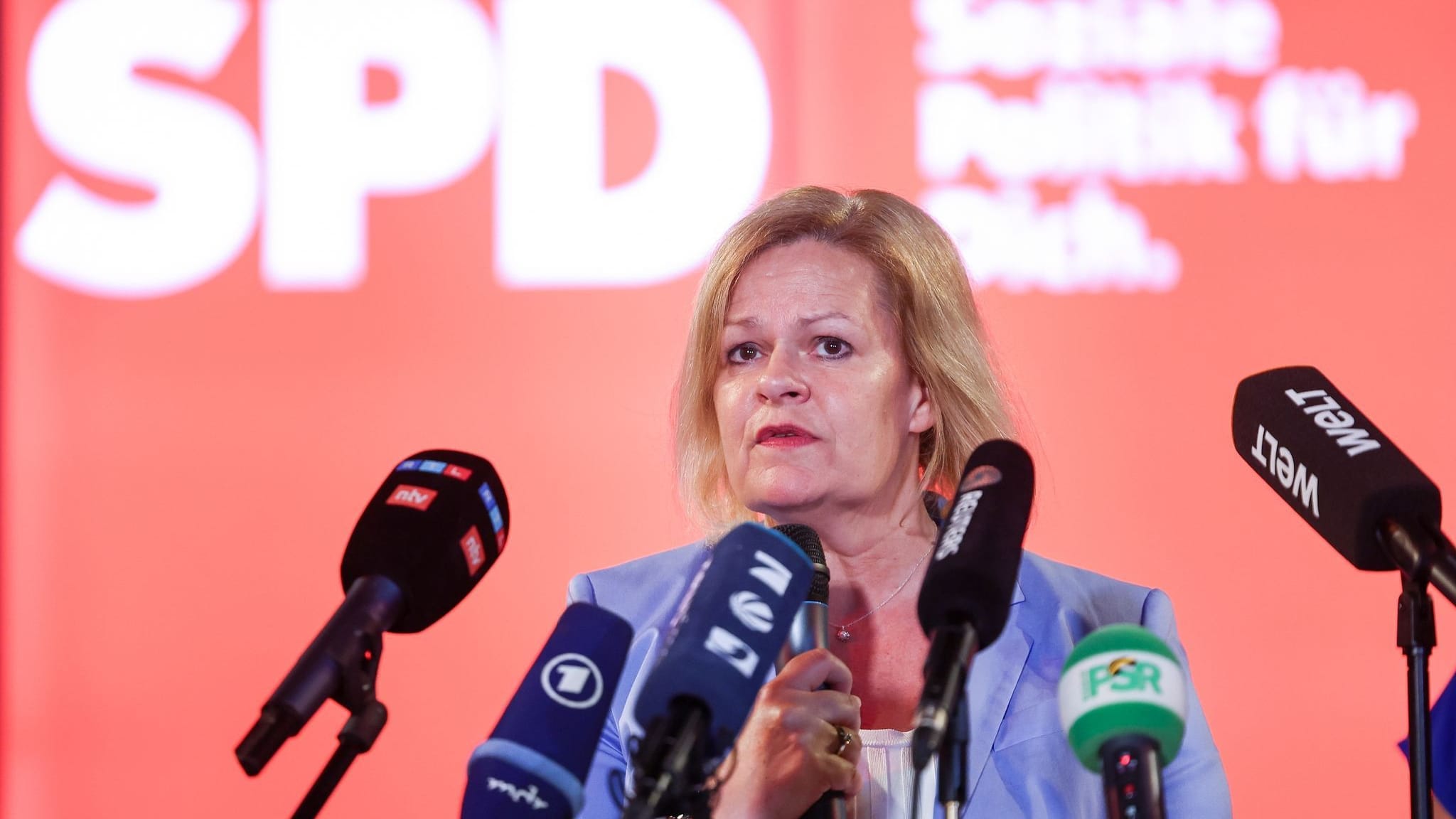Serial Chicago con man Joey Cipolla was sentenced to nine years in federal prison Friday for what the judge called “an extraordinarily large amount” of schemes to cheat people out of money.
In handing down the 108-month sentence, U.S. District Judge Matthew Kennelly noted that Cipolla had spent time in state prison for similar crimes before, but instead of being deterred he soon returned to scamming people.
“One would think that if Mr. Cipolla had the ability and willingness to control what he was doing — because he obviously has skills — that (his previous prison time) would have been enough. But it wasn’t.”
Kennelly said that was a sign that a lengthy sentence was needed to keep Cipolla “separated from the public.”
“There are people out there that need to be protected from Mr. Cipolla,” Kennelly said. “… It seems like one of those situations where Mr. Cipolla sees opportunities and he takes them.”
In addition to the prison sentence, Kennelly ordered Cipolla to pay $1.6 million in restitution, which includes back taxes he owes to the IRS and state.
Cipolla, 40, pleaded guilty in November to a multipronged scheme: stiffing people on luxury auto sales over eBay, rip-offs in the leasing of aircraft out of DuPage County Airport and using more than $1 million in fraudulently obtained COVID-19 relief funds to pay for his over-the-top lifestyle. He also admitted he failed to file income tax returns for years, cheating the IRS out of hundreds of thousands of dollars in taxes.
In asking for up to about 10 years in prison, federal prosecutors described Cipolla as a smooth talker and charmer, a man with an unhealthy obsession with wealth who doesn’t care about hurting people to get it.
“(Cipolla) is a unique combination of greed, intelligence and remorselessness, and that makes him profoundly dangerous,” Assistant U.S. Attorney Timothy Chapman said at the first phase of Cipolla’s sentencing hearing earlier this week. “He’s trying to be someone that he is not capable of being unless he steals the money to pay for it.”
Cipolla’s attorney, Jack Corfman, asked for as little as seven years behind bars, arguing many of Cipolla’s crimes were fueled by a cocaine addiction and that Cipolla is finally ready to live life on the straight and narrow now that he’s sobered up in jail.
Federal prosecutors say Joseph Cipolla used fraudulently obtained COVID-19 relief funds to buy a 11,000-square-foot mansion in Bloomingdale in 2021. (U.S. District Court records)
In his argument Friday, Corfman said Cipolla’s idea of what success looked like was shaped in large part by his parents, who were gambling addicts and often left him alone in the house without food while they were out at casinos.
Corfman said everything Cipolla had — the mansion in the suburbs, the fancy cars and jets — is all gone, and his client has now been forced to confront what’s become of his life.
“There is nothing,” Corfman said. “The house is in foreclosure. All his assets are gone. He’s going to jail for a long time, no matter what …. And when he gets out, seven or eight or 10 years down the line … It’s going to look a lot different.”
Cipolla, dressed in an orange prison outfit and glasses with his hair graying, swiveled in a chair at the defense table for much of Friday’s arguments. When Kennelly asked him if he had anything to say before sentencing, Cipolla said he’d put it all in his letter to the court.
In that letter, Cipolla wrote he was “disgusted” with his “downright selfish and greedy behavior” and ready to own up to his bad decisions and change his life.
“I was selling cars and telling people what they wanted to hear just to make a sale,” Cipolla wrote. “I am sorry to anybody that lost money, and I mean that sincerely.”
But Chapman questioned Cipolla’s sincerity, noting that despite his guilty plea, he refused to help the government identify victims or get them restitution. Chapman said Cipolla’s motive for swindling dozens of unsuspecting victims is simple and has not changed.
“It’s pure greed,” he said.
Chapman also said Cipolla’s words lacked “any real acknowledgment that the pain and suffering he inflicted” on his victims went far beyond just financial loss.
One victim from Canada wrote in a letter Chapman read aloud in court that he’s had trouble trusting anyone since he borrowed $35,000 from his parents to buy a 1969 Pontiac GTO that Cipolla had advertised on eBay. Cipolla took the money and the victim wound up with nothing.
“They are human beings,” Chapman said of the people that Cipolla had swindled. “Either he doesn’t see it or he doesn’t care, but whatever the situation is, it makes him profoundly dangerous.”
Cipolla’s federal indictment in 2022 capped nearly two decades of crimes that have lasted virtually his entire adult life. His first fraud conviction came in spring 2005, when he was just 20, court records show. By 2008, he’d racked up 15 convictions in four different states, mostly for purchasing vehicles with bad checks.
Cipolla wound up serving prison time in Illinois and Michigan before being paroled in 2010. By 2014, he was clear of court supervision, according to prosecutors.





